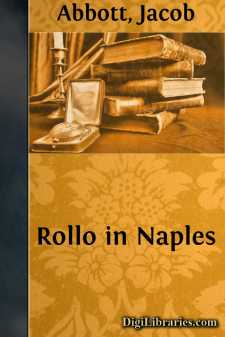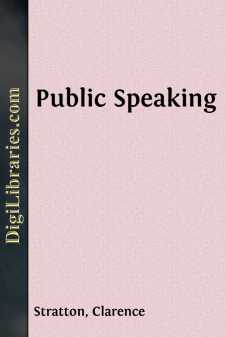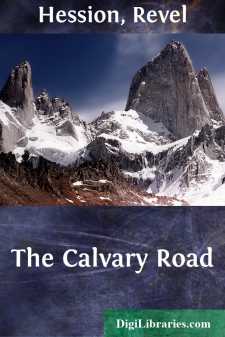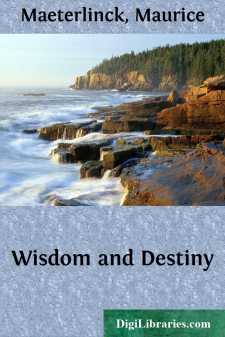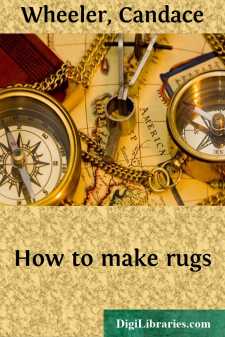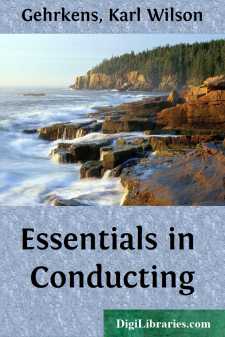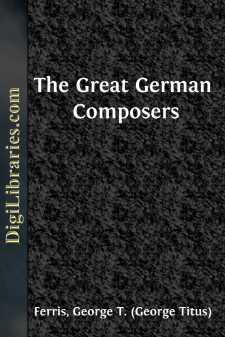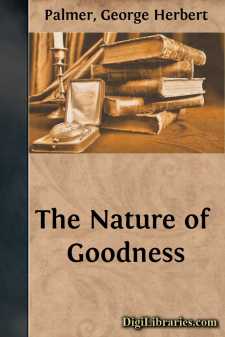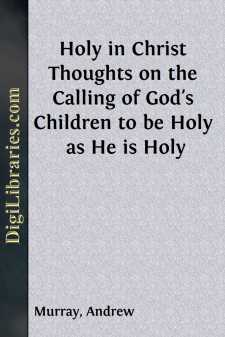Non-Classifiable
- Non-Classifiable 1768
Non-Classifiable Books
Sort by:
PREFACE. In the literature of all countries there will be found a certain number of works treating especially of love. Everywhere the subject is dealt with differently, and from various points of view. In the present publication it is proposed to give a complete translation of what is considered the standard work on love in literature, and which is called the 'Vatsyayana Kama Sutra,' or...
more...
by:
Jacob Abbott
Chapter I. The Vetturino. If ever you make a journey into Italy, there is one thing that you will like very much indeed; and that is the mode of travelling that prevails in that country. There are very few railroads there; and though there are stage coaches on all the principal routes, comparatively few people, except the inhabitants of the country, travel in them. Almost all who come from foreign...
more...
CHAPTER I SPEECH Importance of Speech. There never has been in the history of the world a time when the spoken word has been equaled in value and importance by any other means of communication. If one traces the development of mankind from what he considers its earliest stage he will find that the wandering family of savages depended entirely upon what its members said to one another. A little later...
more...
by:
Revel Hession
INTRODUCTION By NORMAN P. GRUBB,Hon. Secretary of the Worldwide Evangelization Crusade, London I am sure from my own experience, as well as from what we have seen in the ranks of our Mission these last three years, that what the authors tell us about in these pages is one of God's vital words to His worldwide church today. For long I had regarded revival only from the angle of some longed for, but...
more...
INTRODUCTION This essay on Wisdom and Destiny was to have been a thing of some twenty pages, the work of a fortnight; but the idea took root, others flocked to it, and the volume has occupied M. Maeterlinck continuously for more than two years. It has much essential kinship with the "Treasure of the Humble," though it differs therefrom in treatment; for whereas the earlier work might perhaps be...
more...
by:
Candace Wheeler
HOME INDUSTRIES AND DOMESTIC MANUFACTURES. The subject of Home Industries is beginning to attract the attention of those who are interested in political economy and the general welfare of the country, and thoughtful people are asking themselves why, in all the length and breadth of America, there are no well-established and prosperous domestic manufactures. We have no articles of use or luxury made in...
more...
CHAPTER I IntroductionDEFINITIONThe word "conducting" as used in a musical sense now ordinarily refers to the activities of an orchestra or chorus leader who stands before a group of performers and gives his entire time and effort to directing their playing or singing, to the end that a musically effective ensemble performance may result. This is accomplished by means of certain conventional...
more...
BACH. I. The growth and development of German music are eminently noteworthy facts in the history of the fine arts. In little more than a century and a half it reached its present high and brilliant place, its progress being so consecutive and regular that the composers who illustrated its well-defined epochs might fairly have linked hands in one connected series. To Johann Sebastian Bach must be...
more...
THE DOUBLE ASPECT OF GOODNESS In undertaking the following discussion I foresee two grave difficulties. My reader may well feel that goodness is already the most familiar of all the thoughts we employ, and yet he may at the same time suspect that there is something about it perplexingly abstruse and remote. Familiar it certainly is. It attends all our wishes, acts, and projects as nothing else does, so...
more...
by:
Andrew Murray
There is not in Scripture a word more distinctly Divine in its origin and meaning than the word holy. There is not a word that leads us higher into the mystery of Deity, nor deeper into the privilege and the blessedness of God’s children. And yet it is a word that many a Christian has never studied or understood. There are not a few who can praise God that during the past twenty years the watchword...
more...



